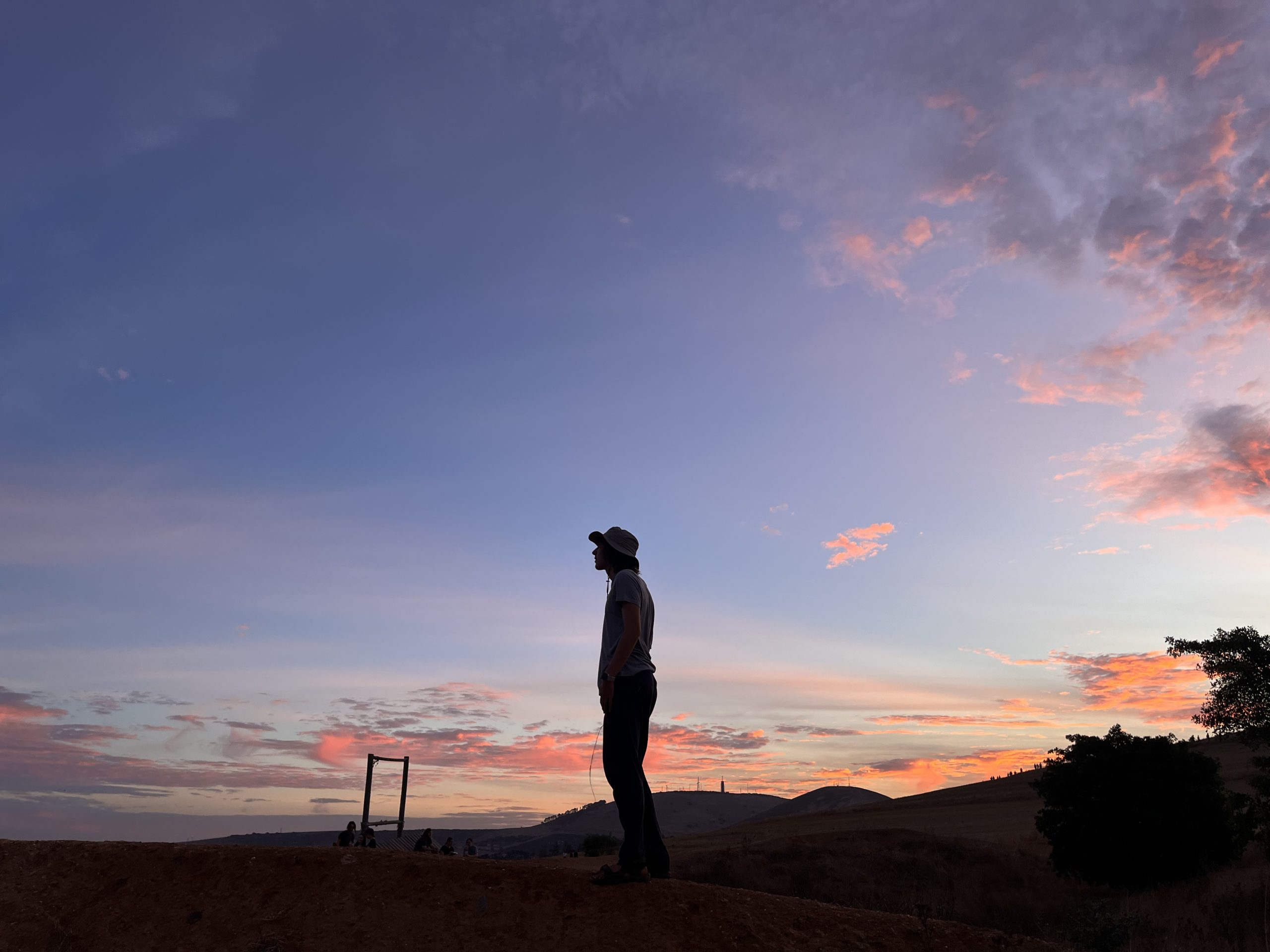Reflection and Leadership
The experience of leading is complex and multi-faceted, requiring careful attention to “making sense” about what is happening and needed. Expert leadership requires thoughtful and reflective practices.
Reflection can be said to act as a hinge between experience and practical knowledge. Leaders have extensive practical knowledge based on personal experiences, rooted in the challenges and complexities of leadership. The development of leadership competence depends on reflecting on your practical knowledge. It is through reflections that such knowledge is made explicit to leaders. Without reflection, leaders can practice forever and make no progress.
What is reflection?
Simply put, reflection is the process of making sense of one’s experience. Reflection, as it applies to leaders, takes place on two levels:
- Reflection-in-action
- Meta-reflection/ also known as double-loop reflection (reflecting upon one’s reflections)
In the case of reflection-in-action, reflection occurs as part of everyday experience. To some degree or another, everyone practices reflection-in-action, without special training. Such reflection is each person’s way of dealing with new, unfamiliar, or challenging experiences by giving them meaning. Reflection-in-action is a process that does not rely upon verbalization but instead occurs improvisational along with the action. We enact reflection-in-action all the time, without thinking about the fact that we do.
One way to become more conscious of this process is regular journaling. Reflect on your day and ask three questions- what happened, so what and what next? This reflection process help ensures that your reflections can be descriptive rather than judgmental, formative as opposed to summative.
Meta-reflection or Double-loop reflection, however, requires more conscious and deliberate efforts to make sense of the sense of experience. In contrast to reflection-in-action, meta-reflection is a process that does not automatically occur as part of most people’s experience but is instead one that is learned and refined with practice as part of an ongoing process of learning. Coaching often helps create a space for reflection with the post-coaching insights building a practice that reinforces the idea of meta- reflection (reflecting upon one’s reflections). Another way is to review your journal and highlight common trends, then pause and reflect on what are the patterns of behaviour that you are observing.
Reflective practises ensures that reflection and feedback will be descriptive rather than judgmental, formative as opposed to summative.
Reflection and learning
Reflection is an essential part of learning and is a key stage of the learning cycle (see Figure 1 below).

The Kolb’s learning cycle includes four stages aligned with Insight Discovery Profile (Stout Rostron, 2006)
The Kolb’s learning cycle includes four stages, starting and ending with concrete action:
- Concrete experience – CE (understanding, preparing for and acting)
- Reflective observation – RO (making sense of experiences; considering their implications)
- Abstract conceptualization – AC (internalizing and theorizing how to apply reflective knowledge)
- Active experimentation – AE (trying out new learning).
Ultimately, we need all four learning stages.
Inspired action
Now that you understand more about the value of reflection for your learning and leadership practises what actions are you going to take? Consider the following:
- Where do you need more reflection? So what? What next?
- Consider where is your preference on the learning cycle? What does this say about your reflection and learning approach? So what? What next?
- How can you create more time for reflection? So what? What next?
In conclusion, the journey of meta-reflection and double-loop reflection is an intricate yet rewarding process that demands intentionality and mindfulness. By delving deeper into our experiences, we gain profound insights that drive personal and leadership development. Embracing these reflective practices enables us to understand not just the ‘what’ and ‘how’ of our actions, but also the underlying beliefs and assumptions that shape our behaviors. Through this deeper understanding, we can foster meaningful change, enhance our decision-making, and ultimately lead more fulfilling and purposeful lives.
Stay Inspired, Keep Reflecting
Love Christine


6 thoughts on “Learning the Art of Reflection”
This is very inspiring and important to put structure around reflection
I agree Adisa, it is a daily discipline that can deepen one’s learning and helps you to thrive.
Very insightful, used correctly could be a very powerful tool
Totally agree, Colleen. A powerful tool that we gift ourselves with.
If more business leaders focussed on reflection, the benefits of
coaching within their organization would be achieved.
A good reflection, Adene. One of the most transformational roles a leader can do is to coach their people. Reflection strengthens your coaching skills.